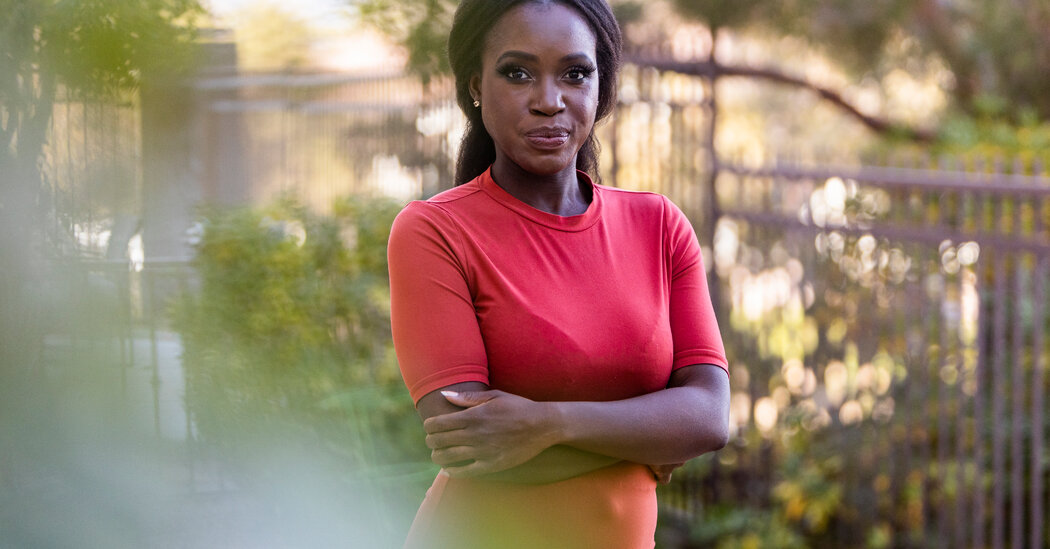

Julien and Kiersten Saunders, creators of the blog Rich & Regular, go so far as to call “retirement” the “R word.” Gaining that independence is crucial now, they say, not just after 65. And they encourage their audience, which they reach on YouTube, Instagram, Facebook and Twitter, to look at out-of-the-box ways of doing so.
“Minority communities are obsessed and focused on earning more income through their jobs,” said Mr. Saunders, 41, who with his wife started giving personal finance advice in 2017. “We’re pointing them toward passive income that doesn’t require the middleman, permission or promotion.” Passive income could come from renting property or, for digital creators like themselves, through sponsored content, he said.
Debt relief is a huge topic within the online personal finance community. Debt, including student loans, credit cards and medical bills, disproportionately affects people of color in the United States. The typical debt load of Black and Hispanic Americans was 46 percent of their assets in 2019, versus 29 percent for whites. And about 21 percent of African American borrowers were behind on their student loan payments, compared with 6 percent of white borrowers, according to a 2020 study by the Aspen Institute.
Leo Jean-Louis, known as the Millennial Debt Freedom Coach on Instagram, advises his 50,000-plus followers to get their debt balances to zero by incorporating the lessons he and his wife, Faith, learned after paying off more than $200,000 in less than three years. An occupational therapist by training, he picked up weekend and holiday shifts, and the couple cut back on expenses by canceling cable, cooking their meals, car-pooling and more. He said the pandemic recession had brought engagement and more questions from his followers.
“I also saw an increase from other platforms wanting to give out information,” Mr. Jean-Louis said. “Other Instagram influencers reached out for collaborations.”
For female influencers, the gender pay gap is a major issue. According to the U.S. Bureau of Labor Statistics, women typically earned about 18 percent less than their male counterparts in 2020, and the gap was far bigger for Black and Hispanic women. Black women in professional occupations earned only 68 percent of what white male colleagues earned.
